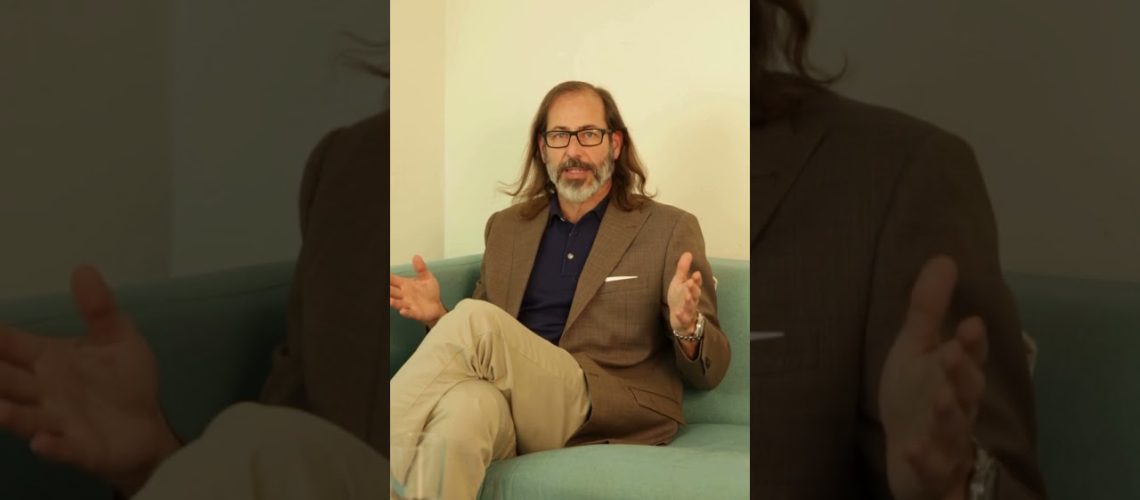Create the problem, sell the solution.
This isn’t a conspiracy theory—it’s a business model. And nowhere is that more obvious than in the mental health industry.
These days, it’s nearly impossible to have a social or professional interaction without someone mentioning a mental health diagnosis.
Anxiety, depression, ADHD—these terms are thrown around constantly, but here’s what most people don’t realize: there’s no diagnostic test to confirm any of it.
Diagnoses are made based solely on behavior and personal judgment, which makes the whole system inconsistent and difficult to regulate. It’s a far cry from hard science.
Now layer that with the medications we’re told will “fix” us.
Antipsychotics and SSRIs are prescribed widely, yet the research backing their effectiveness is questionable at best. So what do we really have?
A lack of concrete evidence that these mental health conditions exist in the way we’re told, paired with a multi-billion-dollar pharmaceutical industry pushing drugs that may not actually help.
If that sounds like a scam, that’s because in many ways, it is.
To be clear, I’m not denying that people need support. But much of what we categorize as mental illness can often be explained by lifestyle and environmental factors.
If someone is grieving, they’re not depressed—they’re human.
If someone is anxious in a toxic work environment, the problem is likely external, not internal. We need to stop pathologizing normal emotional experiences and labeling them as disorders that require medication.
It’s time to reexamine how we approach mental health. We need more tools, more nuance, and less pharmaceutical intervention.
I recorded an entire episode diving deep into the history and impact of antipsychotic drugs—and how the system that pushes them is often predatory.
Comment “DRUGS” below and I’ll send it your way.
Learn more below


